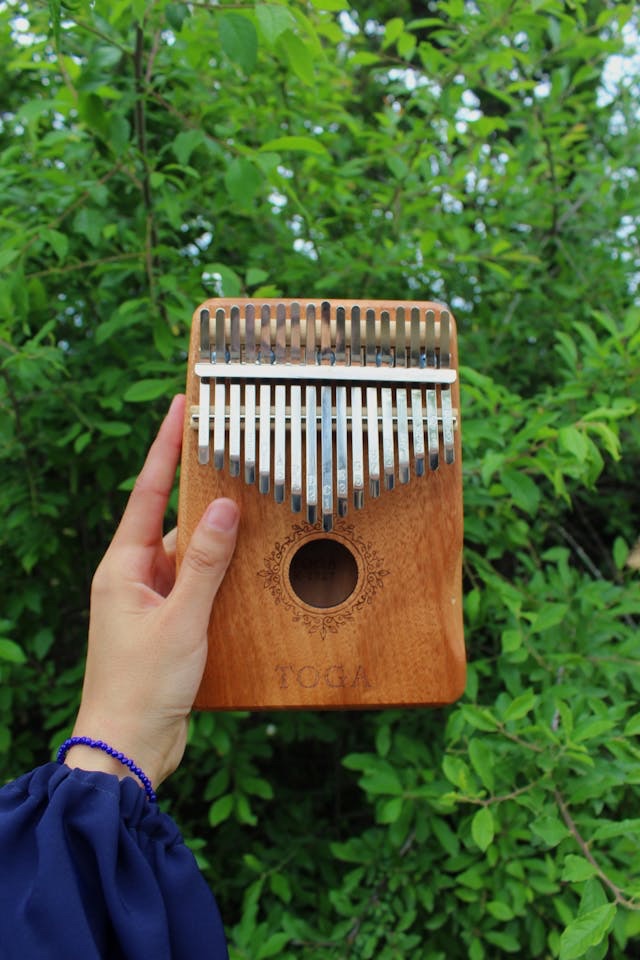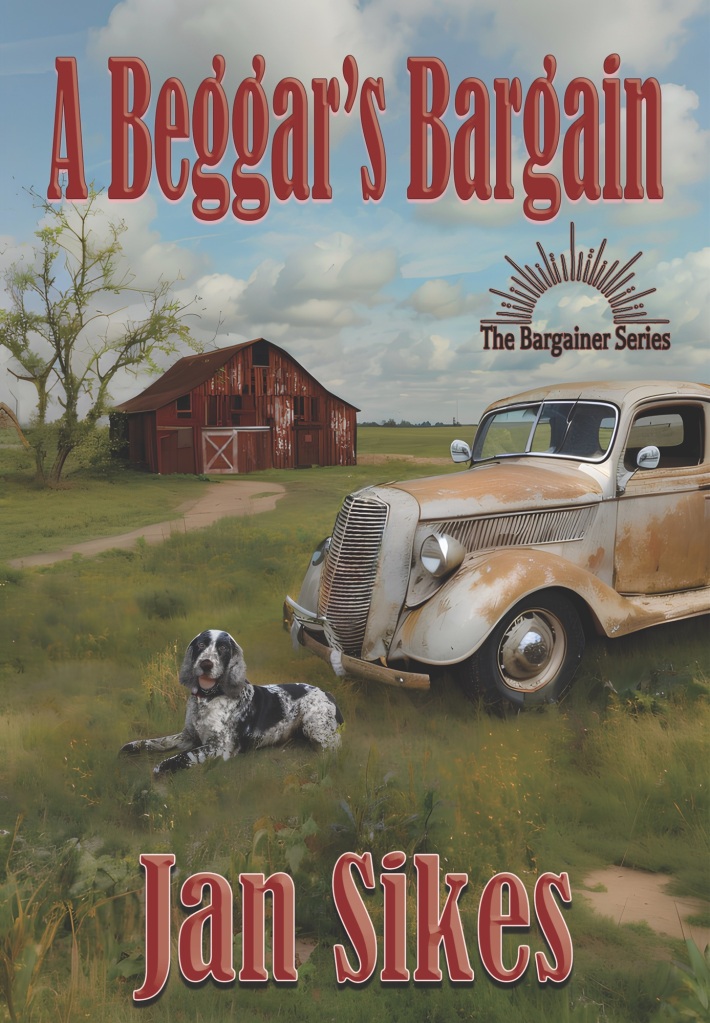
We return to a culinary theme with this picture that our artist painted of Blinia Crole. The picture is from Blinia’s own collection and is displayed with grateful thanks to her. Andeal chose to paint her seated in her old home working as she always had.

Chicken Legs
Blinia drifted into being a cook, but was handicapped by lack of capital. Her family home was in the more run-down part of Ropewalk. Some would even write it off as being part of the Warrens. So to have anything to cook she was reduced to purchasing worn out domestic fowl sold for a pittance for their feathers. She would pluck the fowl, sort the feathers, wash them, dry them and then sell them on to those who would use them to stuff pillows with.
With regard to cooking the fowl she was lucky that her mother had taught her well. Once plucked she would keep the carcass covered and chilled in a meat-safe for as long as possible to allow the meat to relax, up to a week in winter. Then she would leave it for a day in brine, and after that she’d rinse it off, cover it with clean water and allow it to simmer for anything up to twenty-four hours. Finally she’d allow it to cool, remove the bones (because the meat just falls away from them if you’ve cooked it properly,) and then add vegetables and all the other necessary ingredients for a stew. This would be cooked until the vegetables were ready.
The advantage of this system was she didn’t need to advertise. The smell of cooking chicken hung around her house because there was always chicken cooking! Then each day, just before noon, a queue would form of people clutching their own bowls and spoons. For twenty dregs you got a good ladle full of her thick broth. The local baker sent his son round with a tray of bread rolls and for a few dregs more he would sell you bread to go with your meal.
So far so good, Blinia’s customers were loyal and as old Mister Mumster would have said, her business was ‘steady away’. But she was wise enough to sit back and look at how she might improve things. One issue was fishing out the bones. She decided that given the amount of meat that there was on the legs and wings, they were more effort than they were worth. Still, properly brought up, she was loathe to throw them away. So as an experiment, while the chickens were cooking she experimented, leaving the legs and wings to marinate in various sauces and then roasting them. Much to her surprise they were a great success, especially those with the sweet and bitter herbs. Men would buy a couple of them to put in a pocket to chew while they worked.
The problem is that there are only two legs and two wings to each carcass. It was nowhere near enough. So she experimented. She peeled the skin off the carcass, rolled it tightly and cut the roll into several pieces. These she fried, then marinated and roasted with the other chicken legs. Customers snapped them up and demanded more.
Finally in desperation she went down to a slaughterhouse and bought a full mott skin. This she cut up into pieces that were about the same size as a chicken leg, fried them and then added them to the marinade. Finally she managed to produce enough to satisfy demand.
Now let us be clear. There was no attempt at deception. Blinia was selling these to sober people in the middle of the day. This was not late night catering where you’re merely selling ‘food’ to drunks. People knew that Blinia’s chicken legs might contain no chicken. Indeed some preferred the mott hide ones because there was more chewing. Other aficionados claimed that the chicken skin ‘legs’ were a better bet, being slightly more crunchy. On the other hand there were still some who preferred the traditional leg on the grounds that they enjoyed sucking the last of the meat off the bone.
Her highest accolade came when the chief cook of the Flensers, peckish on his way home, purchased a ‘chicken leg’ to chew on. He returned next day and bought a dozen, praising her touch with spices. Indeed he became one of her regulars and eventually it dawned on Blinia that he was starting to court her. This came as a surprise, but he was merely the first of many. The baker’s son, whom now had to use a handcart to carry his trays of rolls, was also remarkably attentive. She had regarded him as friendly, even charming, but it seems that spotting a potential rival for her affections, he felt the need to step up to the mark.
Then there was her vegetable supplier. Because they were all served chopped up and cooked, she merely needed vegetables that tasted good, not that looked pretty. So her order a valuable one, every greengrocer knows that there’s excellent eating in vegetables that will never pass as pretty. Hence Sopwin, a purveyor of root vegetables and a man with a dry sense of humour, used to drop round every evening with anything that was beginning to look a little tired. She got a good price and enjoyed the banter they shared as she would mock his wilted parsnips and drooping carrots and he would praise them to the skies, claiming that merely dropping them into her broth would perk them up. Now it seemed that he too was trying to woo her.
Blinia, in desperation, turned to her friend and employee Nila. Nila was a smiling, thickset, buxom lady of middle years with a husband who worked on the wharves and a number of children who managed to amuse themselves during the day.
Blinia, catching Nila sitting eating her lunch, (inevitably a bowl of broth) sat down besides her.
“They’re all after me!”
Nila looked at her in surprise. “But I saw you pay for the fowl only yesterday.”
“Not creditors Nila, suitors. It’s getting ridiculous.”
“Well I know that cook seems sweet on you.”
“And then there’s the baker, and Sopwin the veg.”
“So what’s the problem, surely it’s better for a young woman like you to have too many suitors than too few?”
Blinia sounded almost desperate, “But all they’re interesting in is my cooking!”
Nila looked at her sternly. “What do you want them interested in? Your body?
Well in forty years your cooking will be better than it is now, the less said about the rest of you the better!
Blinia subsided briefly then asked, “So what do I do?”
“What the rest of us do, see who works the hardest, really puts the effort in. Then just wed the one you like best anyway.”
***
Tallis Steelyard and Jim Webster proudly present
Tallis Steelyard. The Festival, and other stories.
Available from
https://www.amazon.co.uk/Tallis-Steelyard-Festival-other-stories-ebook/dp/B07BT9LWRP
More of the wit, wisdom and jumbled musings of Tallis Steelyard. In here Tallis touches upon child rearing, politics as a performance art, the joy of dance and the advantages that come with good manners. Discover why Madam Dolbart was forced to constantly hire new cooks, marvel at the downfall of Dash Blont, lecher, libertine, and philanderer . Whatever happens, do not pass through life without knowing of the advantages to be gained by an early morning pick-me-up of horse dung spread fine on toast. You too can be charming and elegant once you know how.
For a mere 99p all this and more can be yours.










